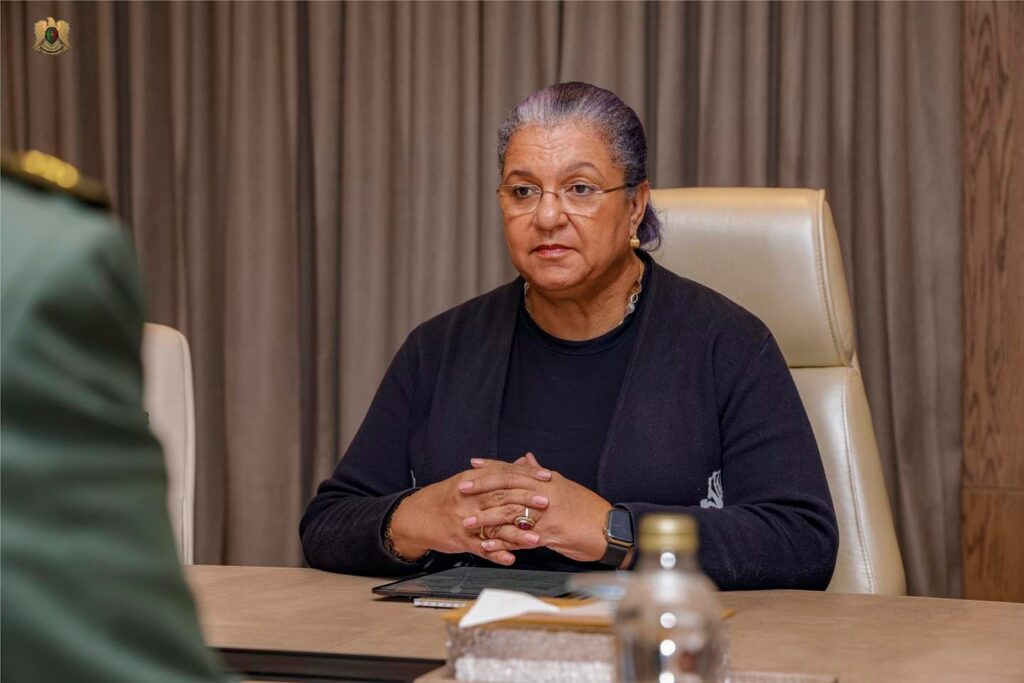Tripoli— The United Nations Support Mission in Libya (UNSMIL) released on 20 May a report outlining the options put forth by the Advisory Committee (AC) to resolve key contentious issues that are blocking progress toward Libyan elections.
However, skeptics believe that the very idea of a “country-wide conversation” about the report will only prolonging the consulting phase and could lead into a deeper strife in the country. What matters now is implementing without delay the AC recommendations that lead to a unified government and elections.
Introducing the report to the Libyan public, Special Representative to the UN Secretary-General (SRSG) for Libya Hanna Tetteh said it is “a launching point for a country-wide conversation about how best to overcome the political gridlock that has prevented elections since 2021, leading to increasing political, economic and security instability.”
The capital Tripoli is currently witnessing a certain level of instability after the events that took place on 12 May and led to widespread clashes between armed groups that themselves have been financed and recognized by previous governments as well as the current Government of National Unity (GNU).
“The final path forward will be developed in dialogue with Libyans with the goal to build consensus on a way forward, ensuring all perspectives are considered, with mutual agreement. It is vital that it is not only Libyan led but also backed by broader Libyan support,” she added.
“We urge all parties to seize this opportunity to engage constructively, in a spirit of compromise, putting the needs of the Libyan people first,” SRSG Tetteh said.
The report proposes options to address disagreements about linking presidential and legislative elections, candidate eligibility criteria, requiring a mandatory second round of presidential elections, one government as a condition for elections, an electoral dispute resolution mechanism, the representation of women and cultural components, administrative number holders, and seat allocation, according to UNSMIL.
The report puts forward four options that could serve as a roadmap towards conducting elections and ending the transitional phase:
Conducting presidential and legislative elections simultaneously; Conducting parliamentary elections first, followed by the adoption of a permanent constitution; Adopting a permanent constitution before elections; or Establishing a political dialogue committee, based on the Libyan Political Agreement to finalize electoral laws, executive authority and permanent constitution.
SRSG Tetteh has presented the summary to Libyan leaders in the east and west. Next, the SRSG will bring the options to the Libyan people for feedback, conducting polling and consulting the wider public, including political parties, youth, women, civil society organizations, security actors, notables and community leaders.
However, the UN mission did not say how long this phase would last. This is important because it show whether UNSMIL is serious in meeting a timeframe or it plans to prolong the consultation phase.
Skeptics of the UNSMIL’s management style of the Libyan crisis maintain that given the ongoing tensions and clashes among armed groups in the western region makes any delay in going to forming a new unified government with the task of organizing the elections could definitely lead to a civil war. They cite UNSMIL’s failure to hold the elections that were scheduled on 24 December 2021 as a reason not to expect much in the near future.
Therefore, it is up to UNSMIL and the international community to proof these skeptics wrong this time.
